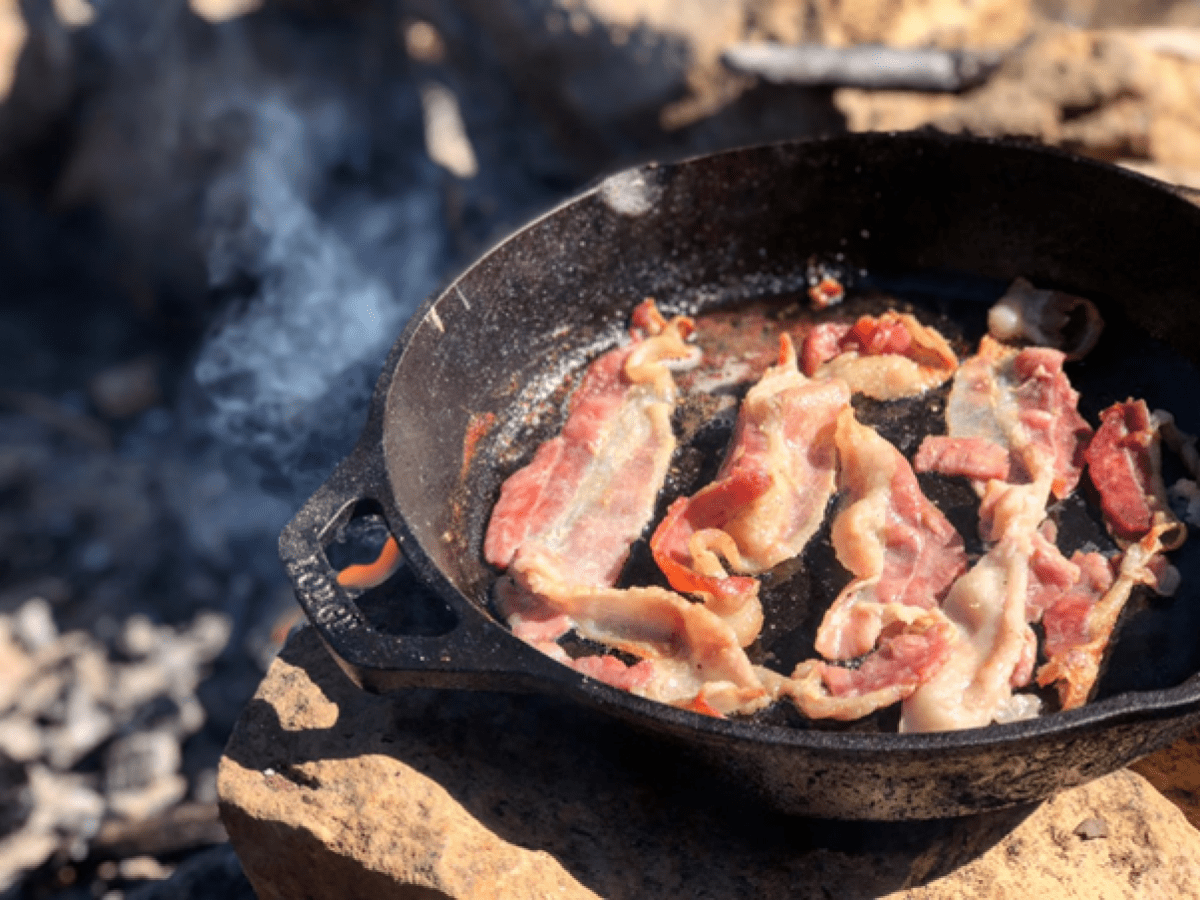
What is Gout and How to Prevent It
W
hat is Gout?
Gout is a type of arthritis characterised by sudden painful attacks and inflammation in the body's joints. Gout commonly affects the big toe joint in the feet but can also affect other areas of the body, such as the wrists, elbows, fingers, knees and ankles. Gout attacks usually occur in the middle of the night and can leave a lingering pain in the joint for the following days or weeks. Some people experience only one gout flare-up in their lifetime but some may need to take extra precautions and medication to manage constant gout attacks.
Causes of Gout
Gout can occur when there is an excess of uric acid in the bloodstream, called hyperuricaemia. Uric acid is created when the body breaks down purines found in the body and some foods. The kidneys are responsible for flushing uric acid from the body through urine but when it cannot clear enough out and there are excess amounts, sharp uric acid crystals can accumulate around the body's joints and cause intense inflammation, pain and swelling.
Symptoms of Gout
- Sudden and intense joint pain
- Lingering discomfort around the joint
- Inflammation, tenderness and redness
- Joint stiffness
- Tophi (lumps of crystals under the skin) after repeated gout attacks
- Affected joints may be hot to touch
- Gout can become a chronic condition and cause kidney problems and stones if flare-ups occur frequently in the same joint but are left untreated
Most at Risk
Gout is a hereditary condition but that does not mean it will affect every family member. Those most at risk of a gout attack include:
- Men over 30 years old
- Women after menopause (The female hormone, estrogen, can lower uric acid levels in the bloodstream)
- People with a family history of gout
- People with an overweight stature
- People who drink excess alcohol (especially beer)
- People who do not drink enough water
- People who eat a diet high in purine-rich foods
- People with high blood pressure or high cholesterol
- People who take diuretics (tablets that drain water from the body)
Natural Ingredients to Help with Gout
- Tart cherry (Prunus cerasus) contains anthocyanins from its red-purple pigment, which has antioxidant and anti-inflammatory properties to protect against gout flare-ups. A 2012 study found that consuming two to three servings of cherries in 24 hours showed a decrease in gout attacks.
- Celery (Apium graveolens) of all forms, raw sticks, juice, extract and seeds, is believed to have anti-inflammatory properties.
Bacon is a purine-rich food and should be avoided by those who suffer from gout.
Purine-rich Foods to Avoid
- Organ meats, such as liver and kidney
- Red Meat
- Venison
- Veal
- Bacon
- Shellfish, such as mussels
- Seafood, such as herring, sardines, trout and mackerel
- Alcohol, especially beer
- Sugary beverages
- Gravy
Gout attacks can be excruciatingly painful and occur suddenly during the night. Natural home remedies using cherry and celery can be incorporated to help prevent future gout attacks.
If you enjoyed reading this blog, consider joining our mailing list to ensure you are up to date with the latest health and complementary medicine news and information.
Lipa Pharmaceutical's Private Label range has two products to relieve symptoms of gout: Celery 5000mg and Gout Support.
By accepting you will be accessing a service provided by a third-party external to https://www.lipa.com.au/






